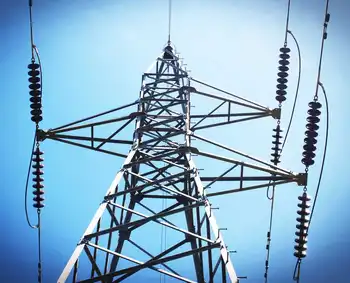Hydro One completes acquisition of Woodstock Hydro Holdings Inc.
Toronto, ON -- - Recently, Hydro One Inc. announced the closing of the purchase of Woodstock Hydro Holdings Inc., including its wholly-owned subsidiary Woodstock Hydro Services Inc. The Ontario Energy Board OEB approved the sale on September 11, 2015.
As part of the approved deal, Woodstock Hydro's approximately 15,800 customers will benefit from a one percent reduction to their monthly distribution delivery rates effective October 31, 2015. In addition, distribution rates will be frozen for the next five years.
"We are pleased to welcome our new customers and employees," said Mayo Schmidt, President and CEO. "Hydro One is committed to delivering great service for Woodstock Hydro's customers and we remain focused on prudent management, efficient operations and improving the customer experience for everyone we serve. Electricity is critical to the lives of all Ontarians and we are here to deliver it safely, reliably and efficiently."
Woodstock Hydro will operate as usual until the transition to Hydro One is complete, in 2016. This includes no changes to customer account numbers, bills, billing and payment and service options.
"I am looking forward to working with Hydro One as we embark on a journey in this new era of energy management and conservation," said Mayor Trevor Birtch.
The purchase price for Woodstock Hydro Holdings Inc. is $46.2 million, including assumption of Woodstock Hydro's existing debt of approximately $17 million.
Related News

Europe's largest shore power plant opens
BERLIN - In a ceremony held in Rostock-Warnemünde yesterday during Germany’s 12th National Maritime Conference, the 2,174-passenger cruise ship AIDAsol inaugurated Europe’s largest shore power plants for ships.
The power plant has been established under a joint agreement between AIDA Cruises, a unit of Carnival Corporation & plc (NYSE/LSE: CCL; NYSE: CUK), the state government of Mecklenburg-Western Pomerania, the city of Rostock and the Port of Rostock.
“With our green cruising strategy, we have been investing in a sustainable cruise market for many years,” said AIDA Cruises President Felix Eichhorn. “The shore power plant in Rostock-Warnemünde is another important step — after…




